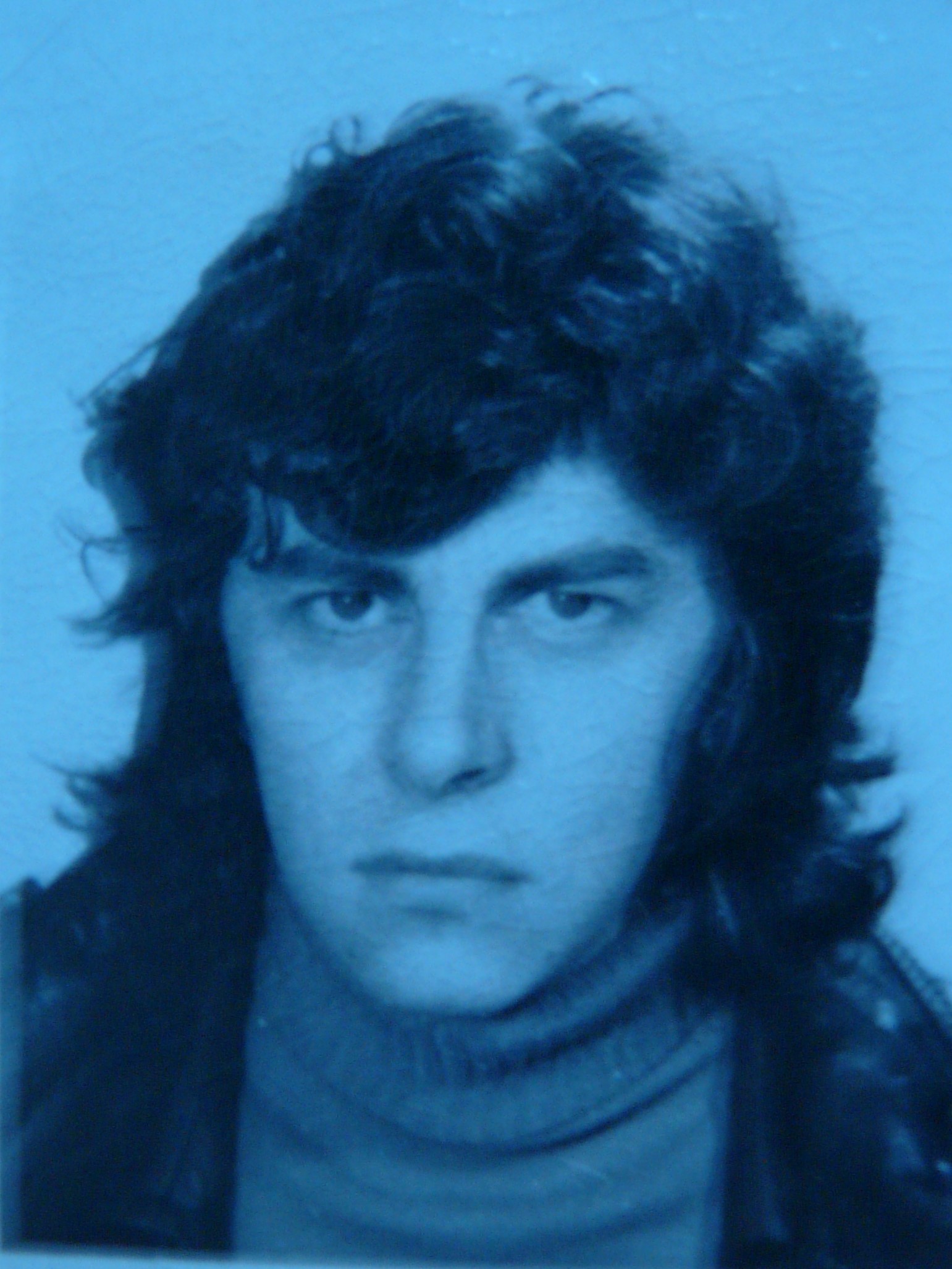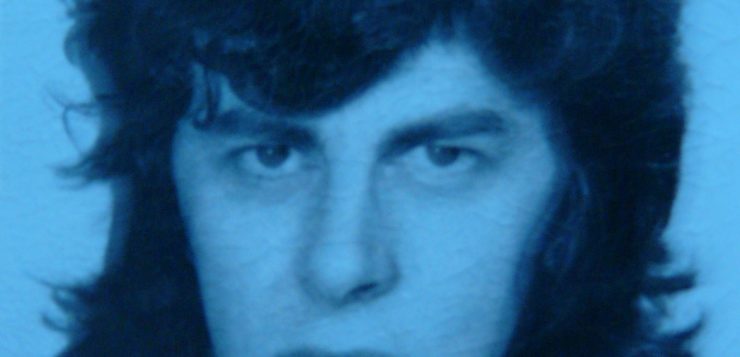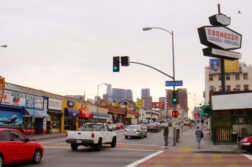
Imagine the common enough scenario of an adolescent boy turning into a young man and realizing that he is attracted to members of his own sex. Add the geographic context: a small village in the remote countryside many miles from the nearest town, and even further from a city—it does not even matter in which country, the preconditions are the same—resulting in isolation.
It must have been about 1966. The BBC had screened a dramatized version of Brigid Brophy’s novel The Snowball on television. By the moral standards of the day, it could be described as risqué. Today it might even seem a bit quaint and restrained. At the time, it opened my eyes to a different world. A world where people had sex with each other.
Brophy’s name stuck in my head. Then, over the years I came across her name more often—in newspapers and magazines—reviewing books, writing campaign articles on a wide range of subjects, and challenging the sexual stereotypes and orthodoxies of the day. She appeared on television, always good for a discussion on a controversial subject. I had discovered a voice telling me things that my teachers and parents did not: that the world does not have to be accepted at face value but could be challenged and changed. Liberation from oppression was possible. I had discovered a free-thinking, radical intellectual.
Issues that were of special interest to Brophy included veganism and vegetarianism, animal rights (factory farming, vivisection, and fishing), the promotion of sex education, censorship, and the teaching of religion in schools, which she opposed. All of her stands invited adoration and condemnation in varying proportion. Certainly, the issues she campaigned on are as relevant today as they were in the past. Some, like veganism, that were considered eccentric and “fringe” in those days are now mainstream topics of discussion.
But it was In Transit: An Heroi-Cyclic Novel (1970), that changed my life. Set in the impersonal and anonymous backdrop of an airport lounge, the main character forgets his/her own gender. The rest is a highly amusing adventure story as the novel explores the intricacies of gender and sexual orientation against a background of revolution. I always think this novel epitomizes the late 1960s—the age of revolution in thinking and action and the beginning of alternative ways of looking at things. This revolution has continued down the decades as the very notions of gender, sexual identity, monogamy, environmentalism, equality, diversity, and organized religion were brought into the discourses of everyday life. Nothing would be the same afterwards.
It was reading In Transit that gave me the motivation to study logic and subsequently philosophy. This was the exact opposite of Brophy’s experience, whose studies in logic failed to lead to an interest in philosophy, a subject she summarily dismissed.
In those days, people who publicly declared their non-heterosexuality were very rare indeed. After all, until 1967 men in England were still prosecuted for having same-sex relations. Brophy publicly declared her bisexual orientation, even though obviously happy and content in her own marriage to the famous art historian Michael Levey. They seemed to be practitioners of polyamory. This gave her an authenticity lacking in many other opinion leaders of the day, whose sexual identity was often kept deliberately vague or ambiguous. I’m sure we can all think of numerous examples.
Once asked who was the manliest man in history, she answered “Oscar Wilde.” Writing a major biography in praise of Ronald Firbank and two books on Aubrey Beardsley, she established herself as an expert on the aesthetic movement of the late 19th and early 20th centuries, and she put the homosexuality of her heroes at the center. Before that, biographers had usually skirted around the issue of LGBT sexual identity except where it could be exploited for sensationalism. Brophy made it central to her interpretations.
It’s easy to forget how different things were back then, when there was a unified consensus of what passed for normality, and when binary gender, heterosexuality, monogamy, the Church of England, and censorship were all considered normal. She challenged all that.
She was not, of course, alone. There was a general upsurge of opinion against the traditionalism and prejudices of British society that grew stronger during the 1960s and ’70s. But she was very central to that and, it could be argued, initiated some of the debates that continue to this day. At the very least, she amplified and promoted her pet causes with gusto.
Then, after years in the media spotlights, she suddenly disappeared from view, eventually re-emerging in 1987 with Baroque-’n’-Roll, a collection of essays previously published elsewhere, but with an autobiographical note: “A Case-Historical Fragment of Autobiography.” Here she described in personal detail the circumstances, symptoms, and eventual diagnosis of multiple sclerosis at the age of 54. Tragically for her and her reading public, she had to stop writing. She died, supported by family and friends through a long, debilitating illness, in 1995.
If it weren’t for Brophy, I don’t know if I would have had the courage to confront my own upbringing and decide for myself who I really was and what I really wanted from life. The options at that point in time were very limited for gay people. In remote areas there were really no options at all. But once sexual identity started to be talked about, rather than swept under the carpet, the options started to open up. It was due to people like her, praised and derided in her own day, that helped produce the freedoms we now enjoy and take for granted. She was, for me, an exemplary role model.
If Brigid Brophy (and I) were not an atheist, I would recommend canonization. As it is, I can only say a huge “thank you for” helping to liberate my life. I got into university, which provided an escape route from isolation and an opportunity to find my own sexual identity. It culminated in a doctorate on “Sexual Marginality and the Novel”—and quite a lot of gay sex.
D.R. Michael has recently published Sex, Truth & Logic: A Journey of Self-Discovery, available from Amazon in paperback and digital formats.





